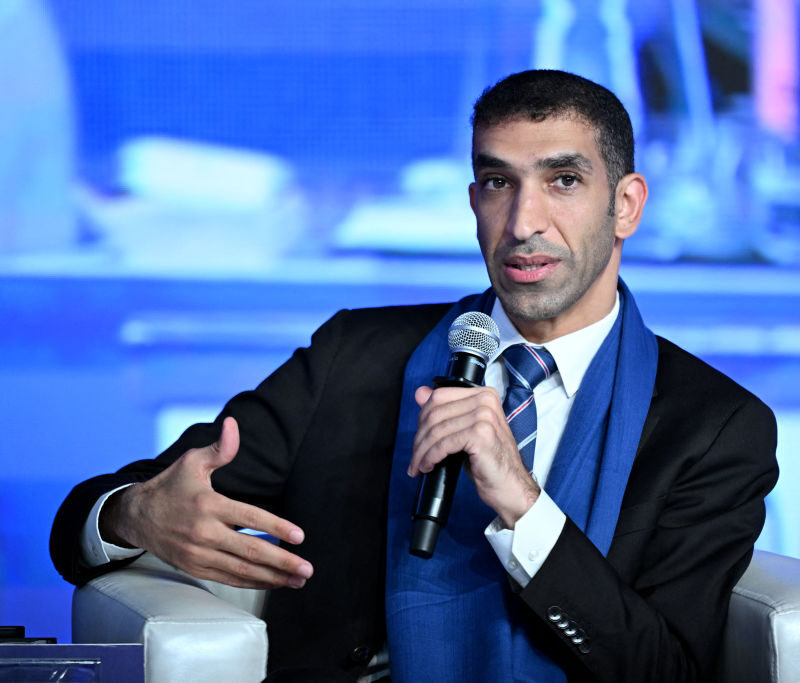
Nuvo, a maker of remote fetal monitors, prepares for Wall Street debut
Addressing ‘maternity care deserts,’ Israeli startup seeks to raise $30 million on stock exchange through SPAC merger
Across the U.S., doctors and healthcare companies are trying to address the spread of “maternity care deserts,” large swaths of the country suffering from a shortage of obstetricians and nursing staff.Two years ago, health technology giant Philips teamed up...



